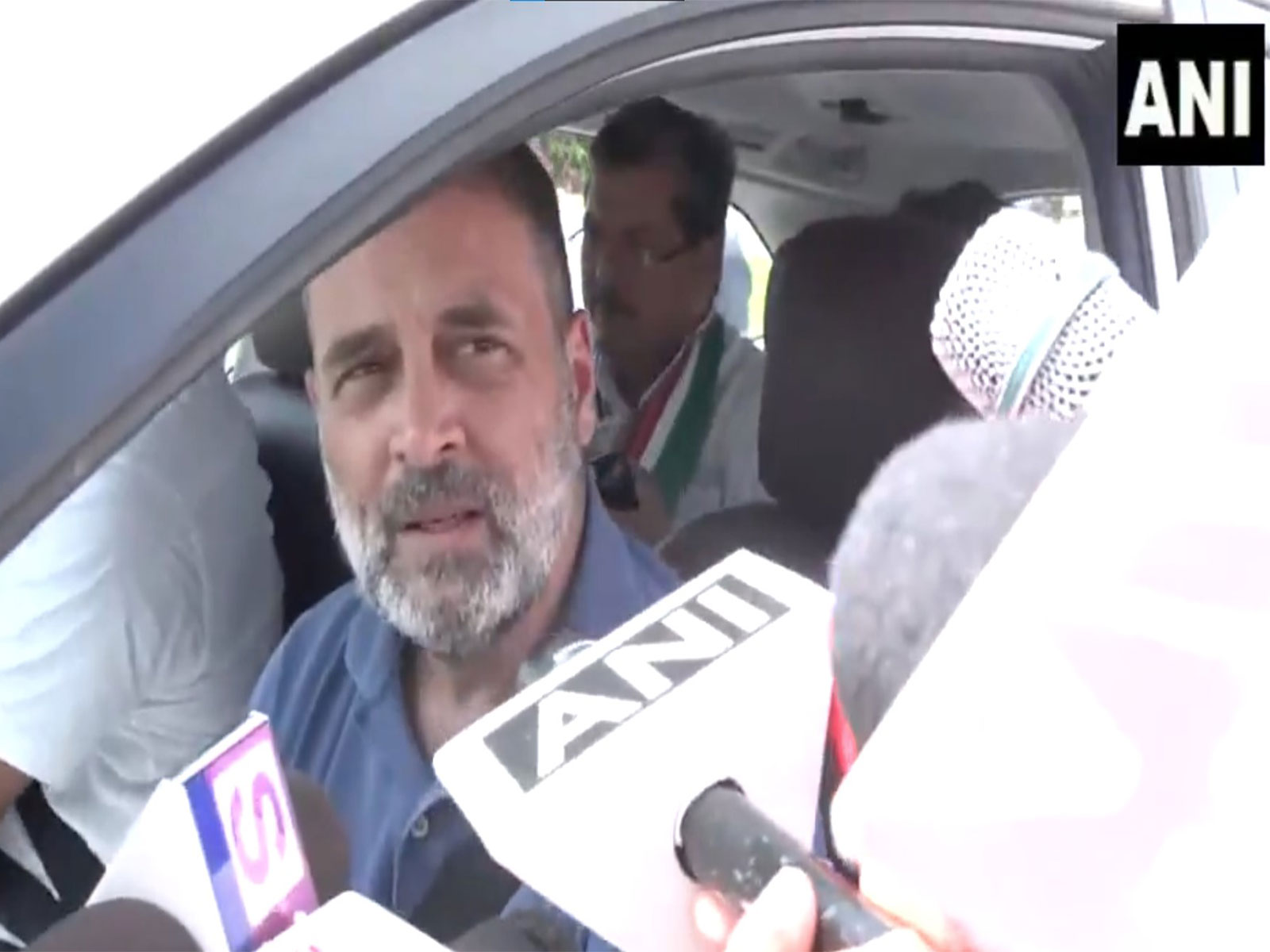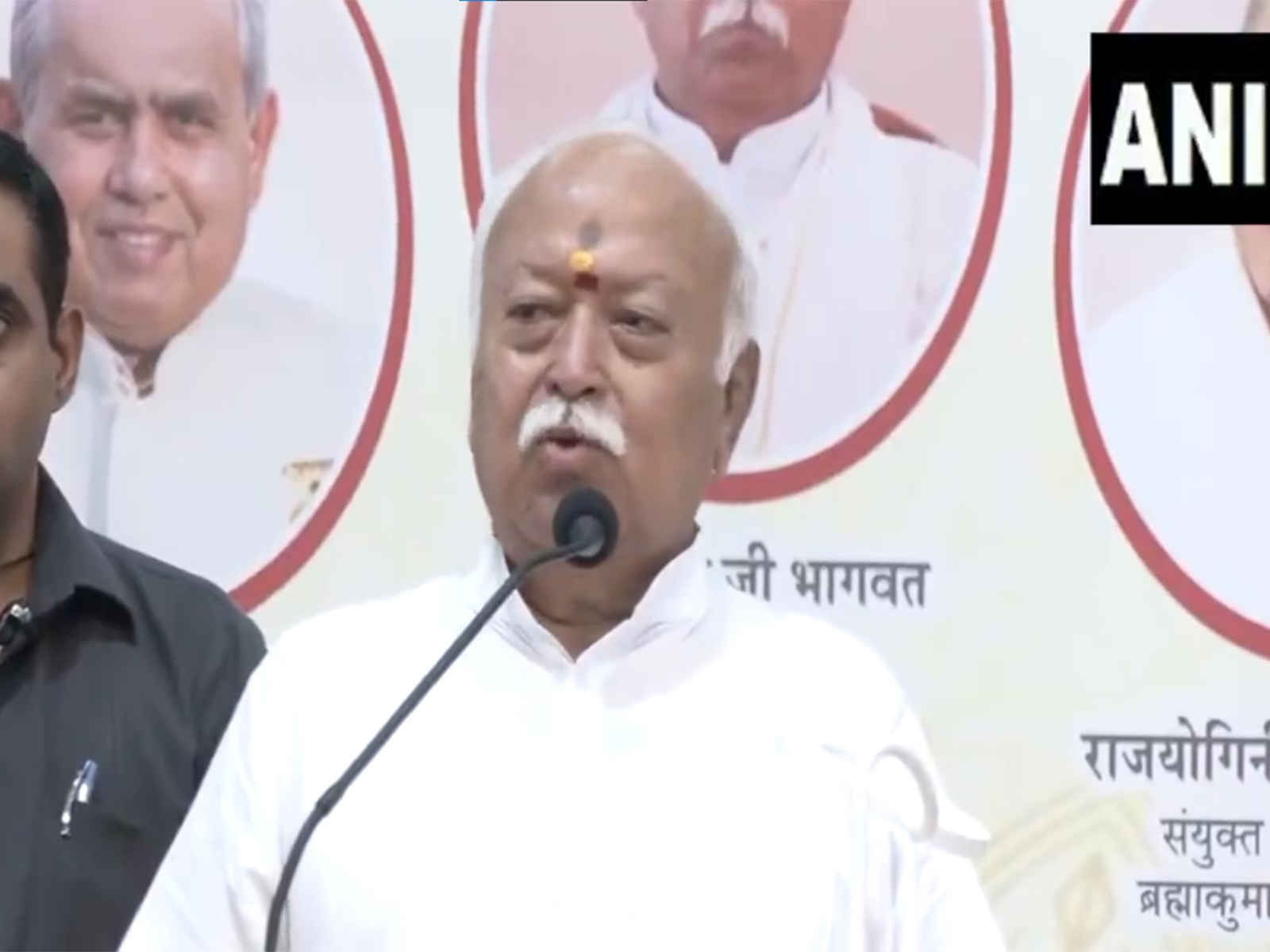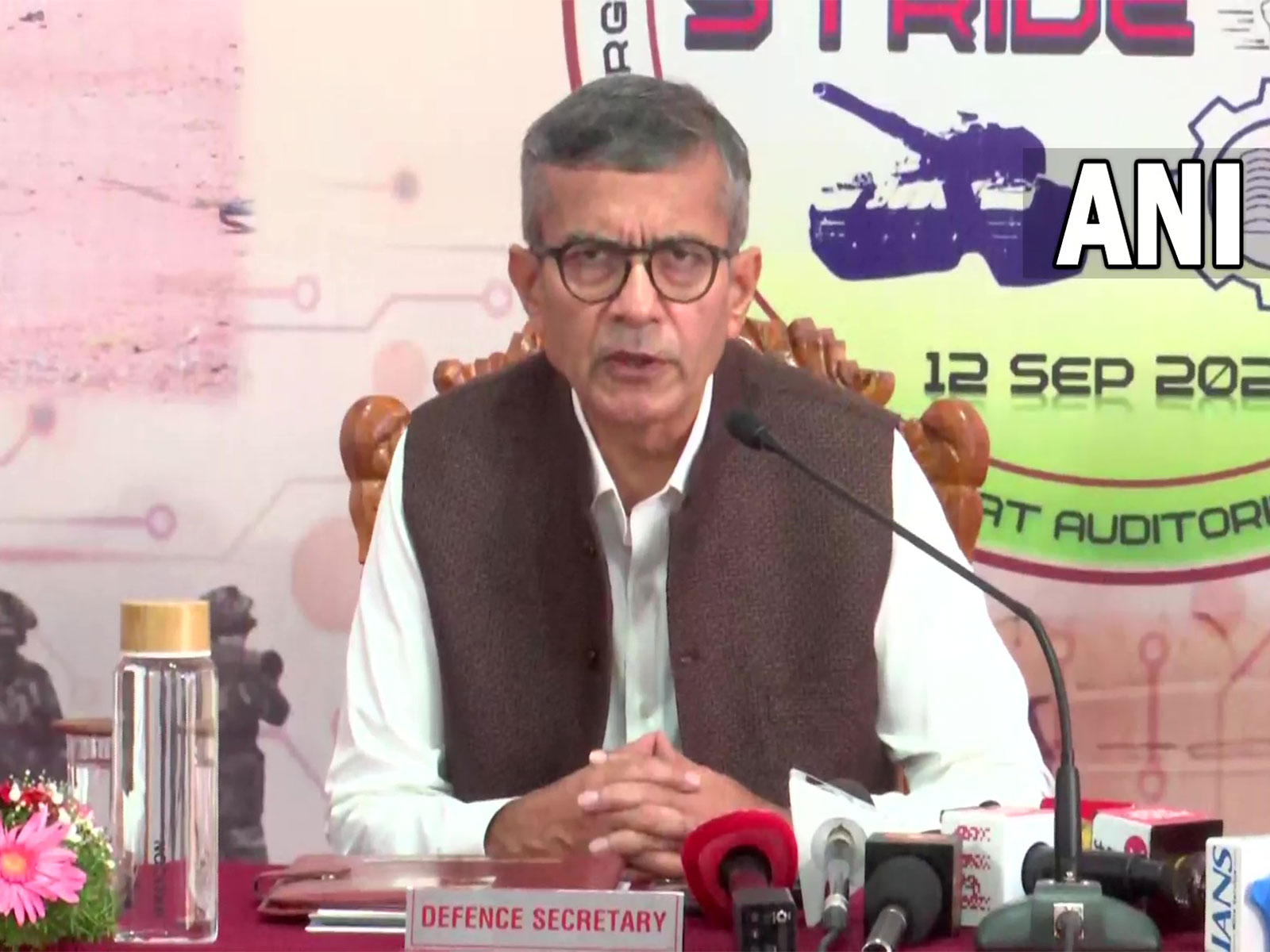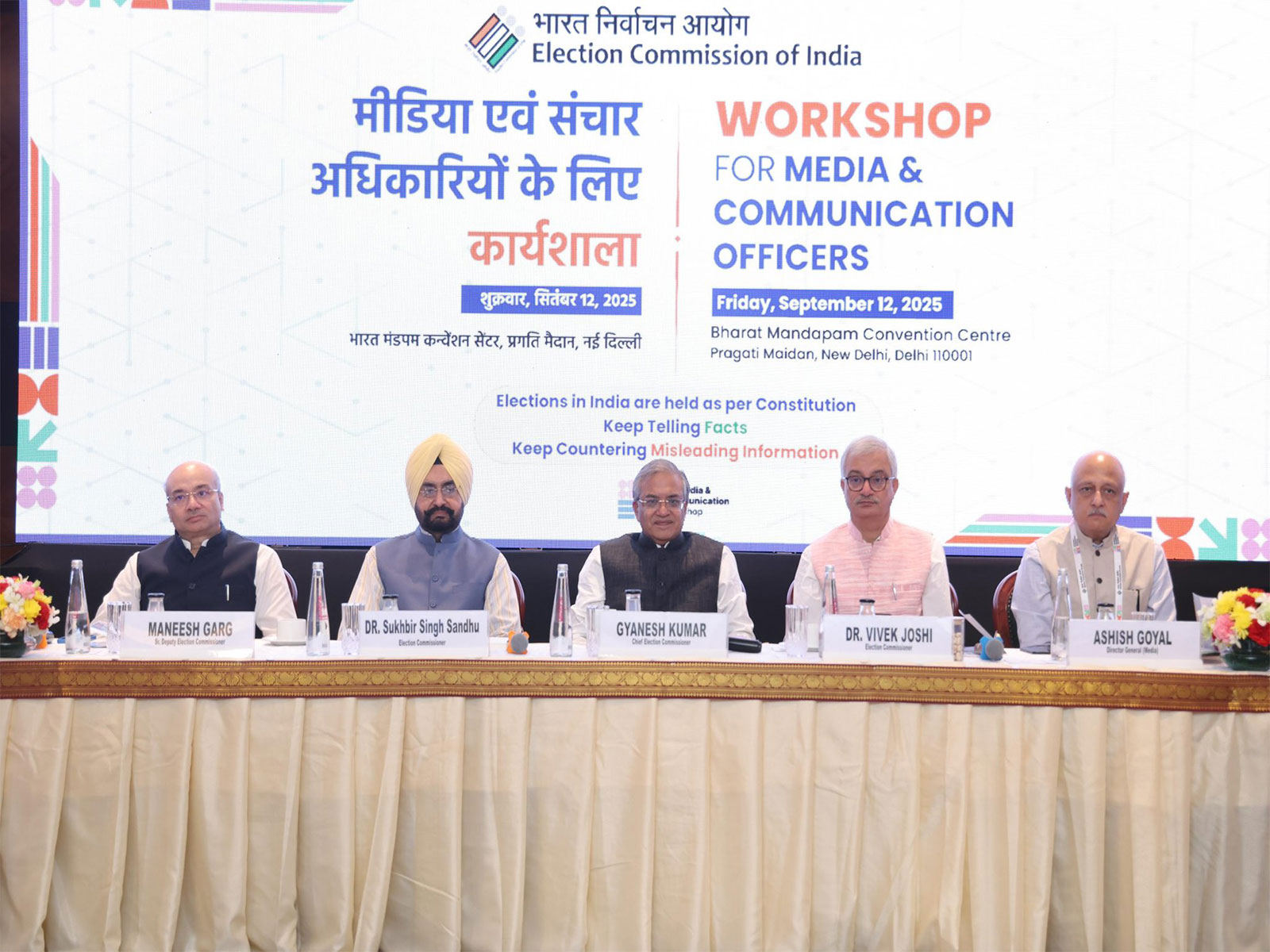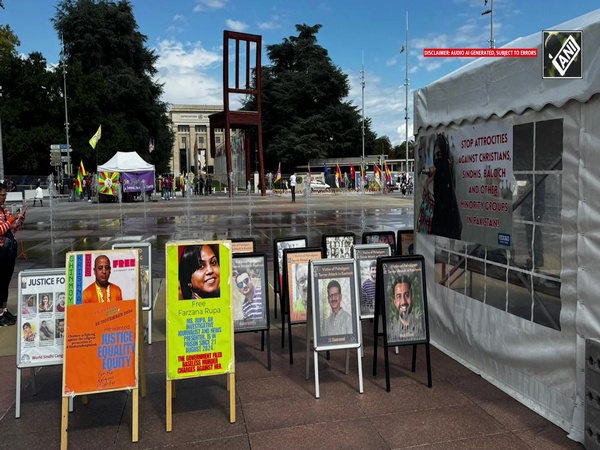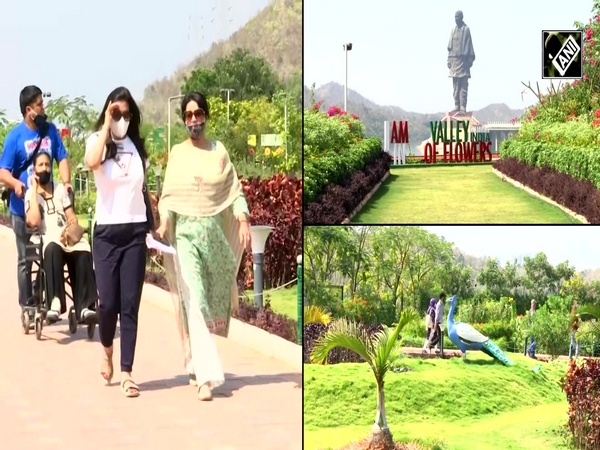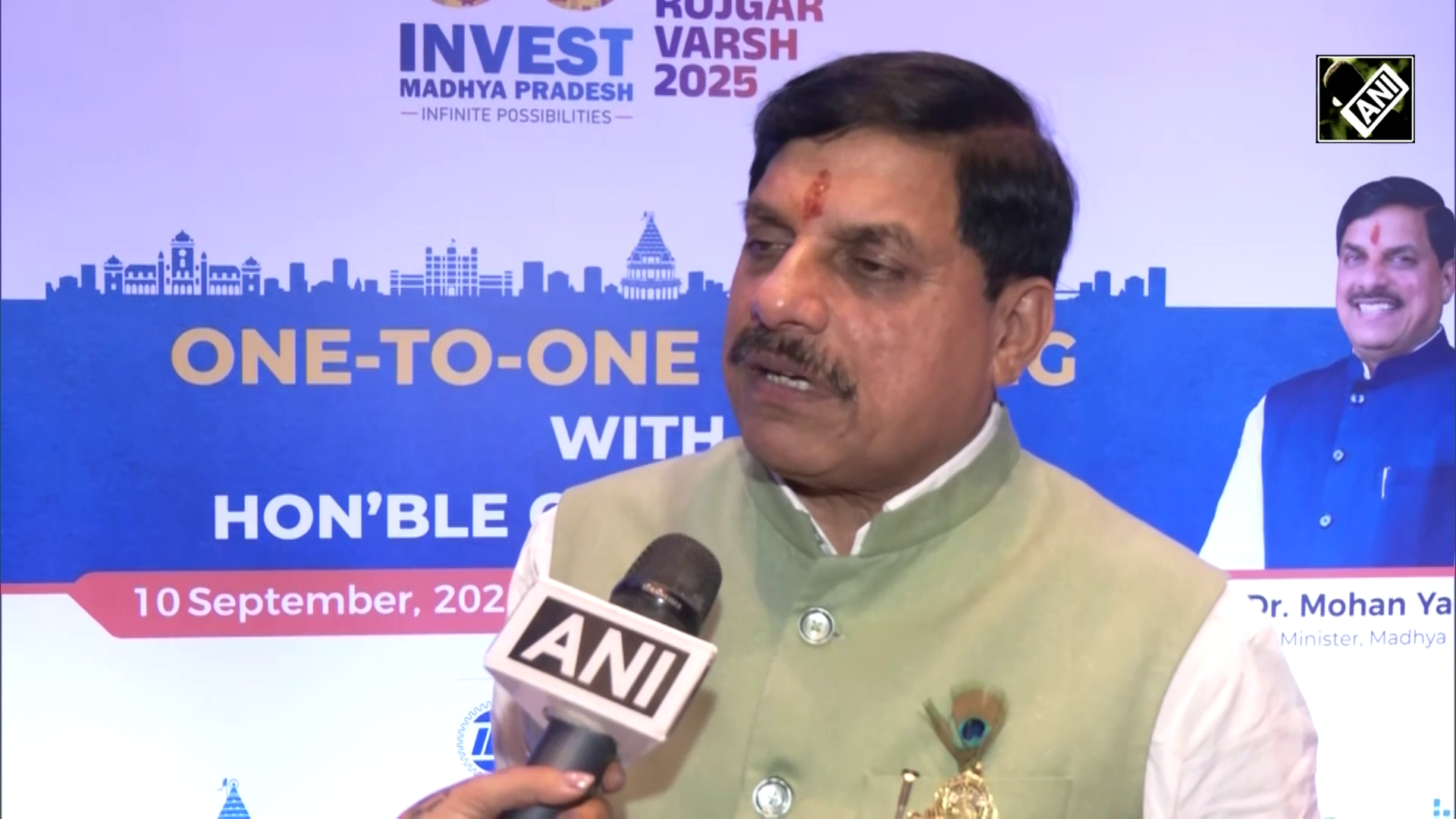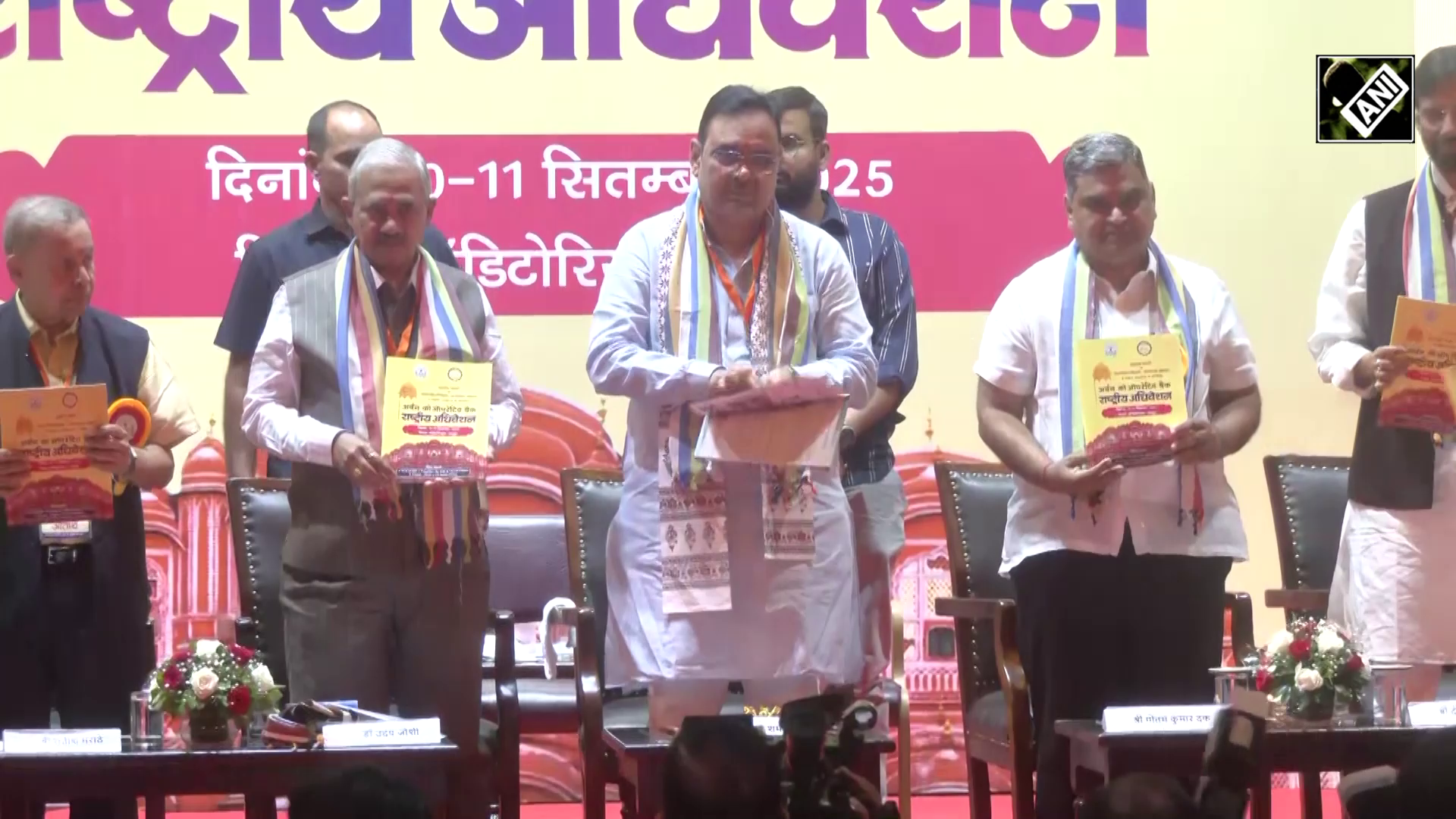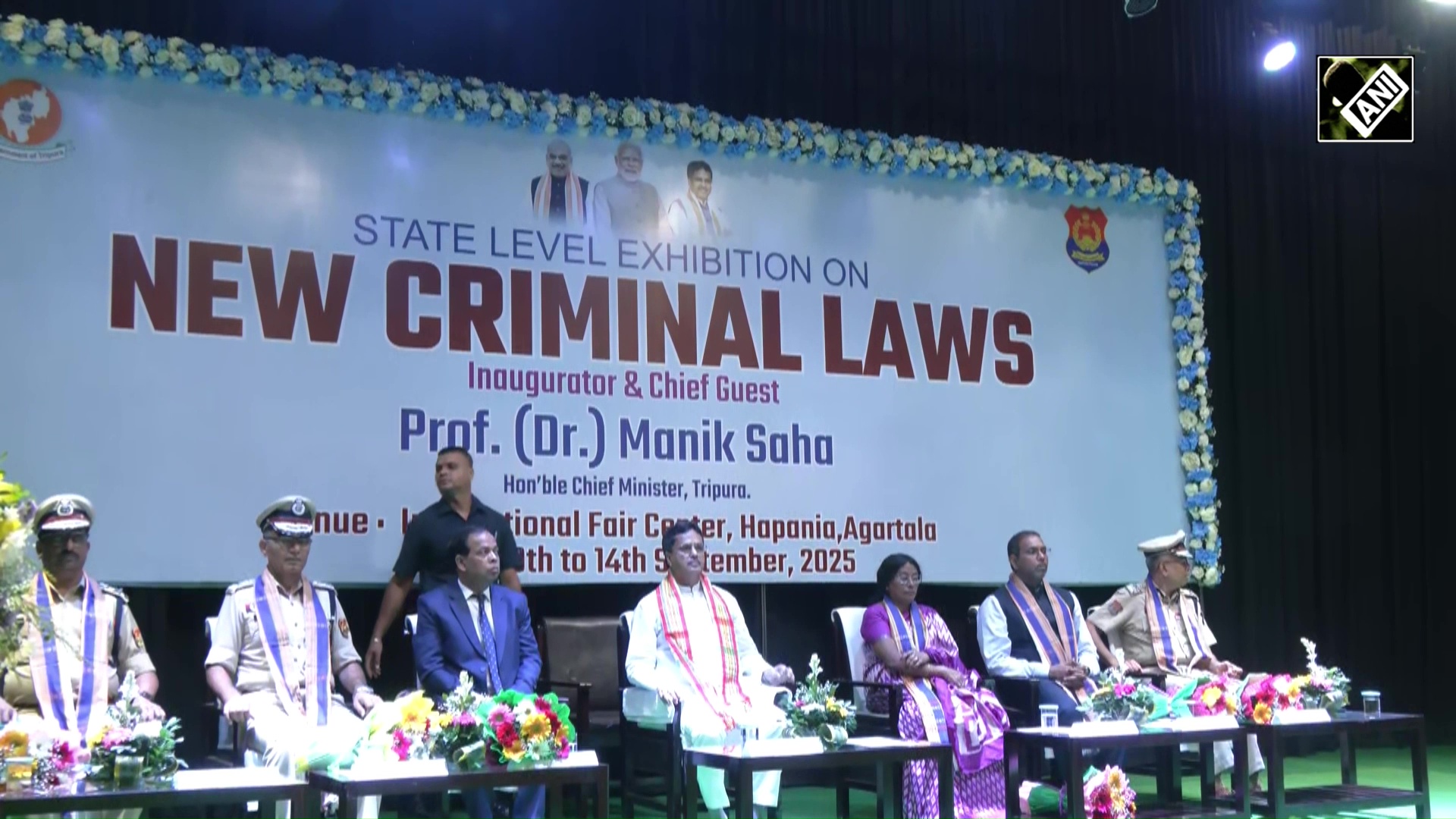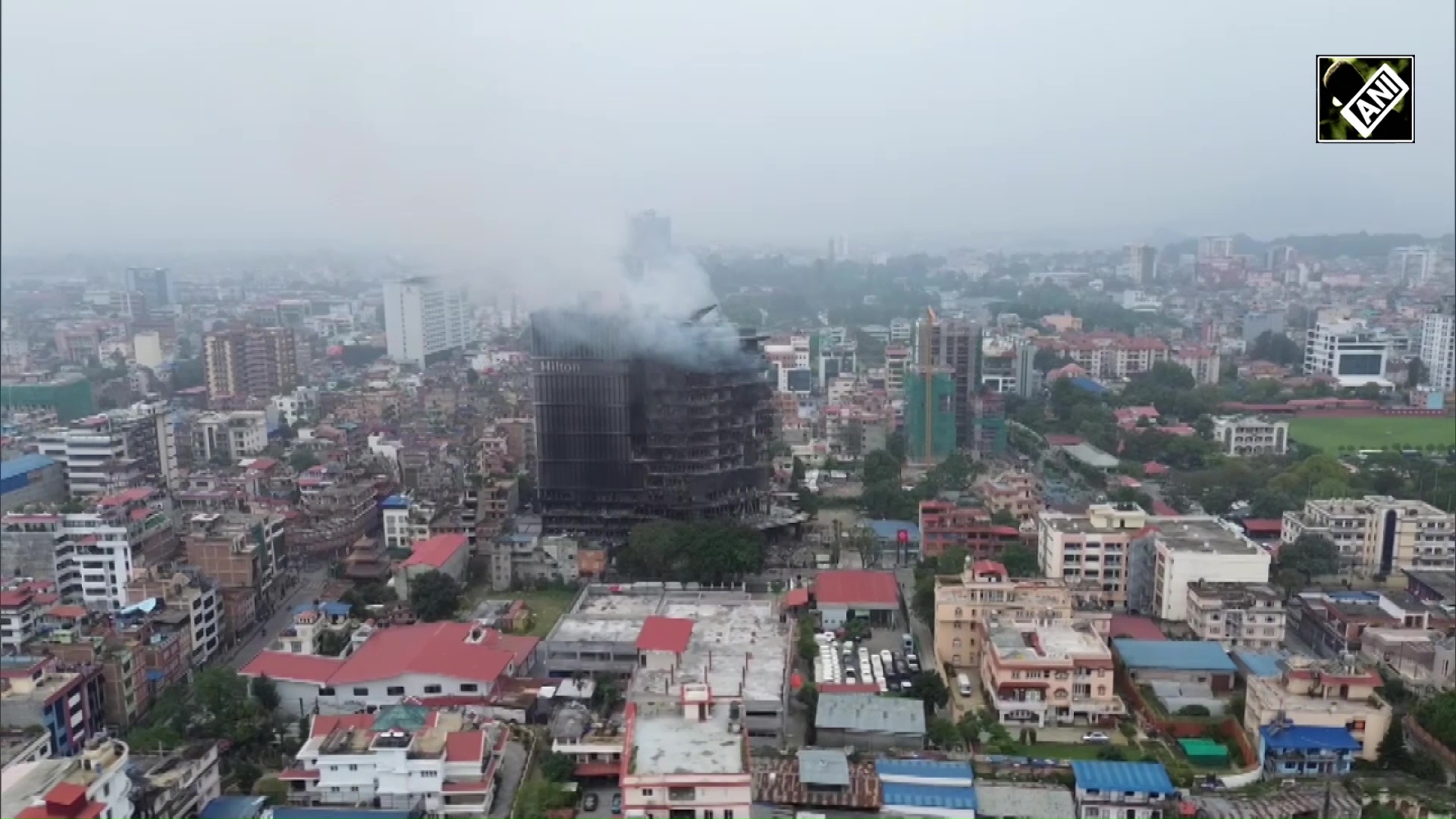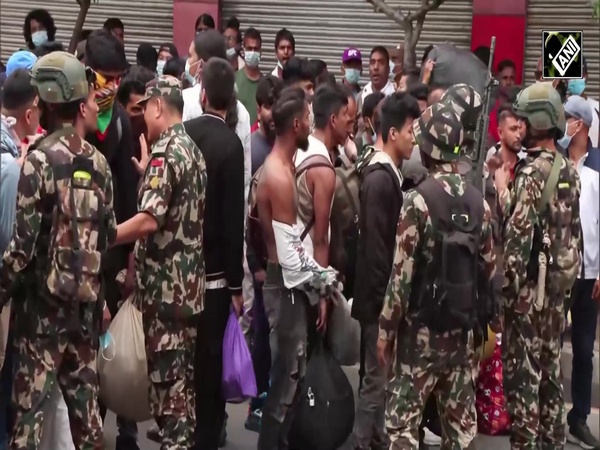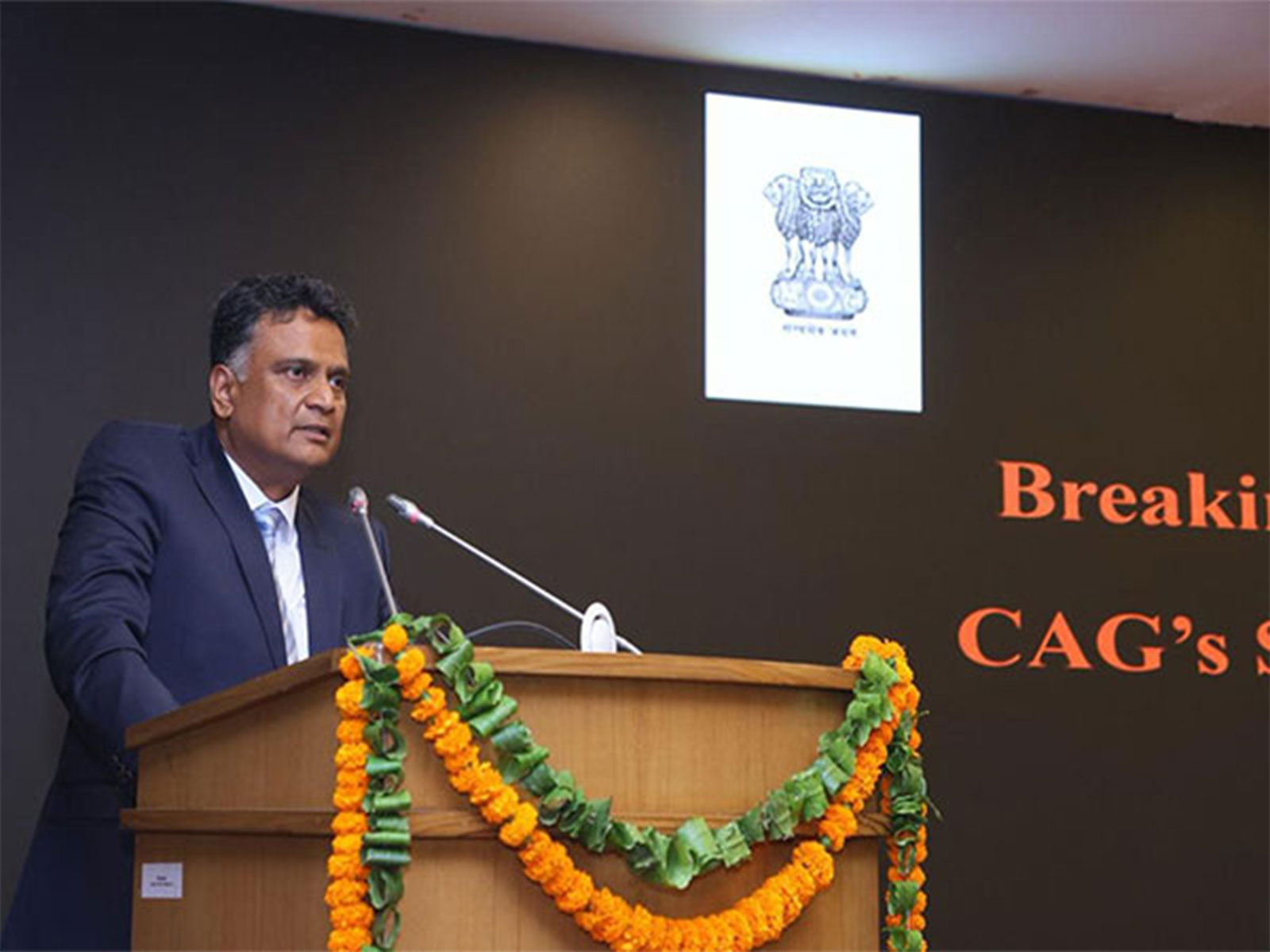
Global Audit Dialogue concludes with focus on AI, Emerging Technologies, future of IT audit
Sep 12, 2025
New Delhi [India], September 12 : The 34th Annual Meeting of the International Organisation of Supreme Audit Institutions (INTOSAI) Working Group on IT Audit (WGITA) and the 17th Steering Committee Meeting of the INTOSAI Knowledge Sharing Committee (KSC), hosted by the Comptroller and Auditor General (CAG) of India, K Sanjay Murthy, concluded successfully in Hyderabad on Friday.
The four-day international event witnessed active participation from delegates of 29 nationalities representing Supreme Audit Institutions (SAIs), global partner organisations, and domain experts from across the world, Office of the Comptroller and Auditor General of India said in a press release.
Over the course of the meetings, delegates held extensive discussions on the role of Artificial Intelligence (AI), emerging technologies, and digital tools in strengthening public auditing, enhancing transparency and ensuring citizen-centric governance. The event fostered meaningful collaboration, exchange of ideas, and knowledge sharing among countries.
At the 34th Annual Meeting of WGITA, members reviewed progress under the 2023-25 work plan, which included the development of detailed audit matrices to support the IT Audit Handbook, the release of INTOSAI Guidance-5101 on Information System Security Audits, and the creation of evaluation guidelines for assessing information systems. Contributions in maintaining the IT Audit Database and organising knowledge-sharing webinars were also acknowledged.
A key outcome of the meeting was the adoption of the 2026-28 Work Plan, which prioritises cybersecurity audits and remote audits using Internet of Things (IoT) technologies. The plan also reinforced commitments to research, capacity building, and development of new audit knowledge.
SAI India, in collaboration with IIT Madras, presented its initiative to develop a Large Language Model (LLM) trained on audit and inspection reports. Additionally, a nine-month AI/ML certification programme was announced, which will be open to other SAIs across the world. Contributions from SAI China, Egypt, the INTOSAI Development Initiative (IDI), EUROSAI IT Working Group, and AFROSAI-E enriched the discussions and highlighted the value of international cooperation.
At the 17th Steering Committee Meeting of the KSC, participants appreciated the efforts of various working groups under the Knowledge Sharing Committee in driving forward the agenda of collaborative learning. Presentations from the INTOSAI General Secretariat, IDI, and the SAI of the Czech Republic offered strategic insights and regional perspectives.
One of the highlights was a demonstration of India's PM GatiShakti initiative, showcasing how technologies like AI, Geographic Information Systems (GIS), and big data can revolutionise infrastructure planning, monitoring, and audit processes, offering lessons relevant to countries around the world.
The Committee also discussed the draft Operational Plan for 2026-28, reviewed progress under the Strategic Development Plan 2023-28, and examined the Navigating Global Trends report. Key administrative matters were finalised, including revisions to the KSC's Terms of Reference, approval of committee reports and motions, allocation of Goal Chair responsibilities, and confirmation of the next meeting's venue. Next year, the meeting will be hosted by Egypt.
In his closing remarks, CAG of India K Sanjay Murthy praised the active engagement of all participants and emphasised the critical importance of leveraging technology to promote transparency, accountability, and good governance. He noted that through shared expertise and continued cooperation, INTOSAI can equip SAIs worldwide to meet the challenges of a rapidly changing digital era.
The successful conclusion of these high-level meetings reaffirms INTOSAI's commitment to innovation, collaboration, and capacity building in public sector auditing and reflects India's growing leadership in shaping a more transparent and accountable governance landscape.






